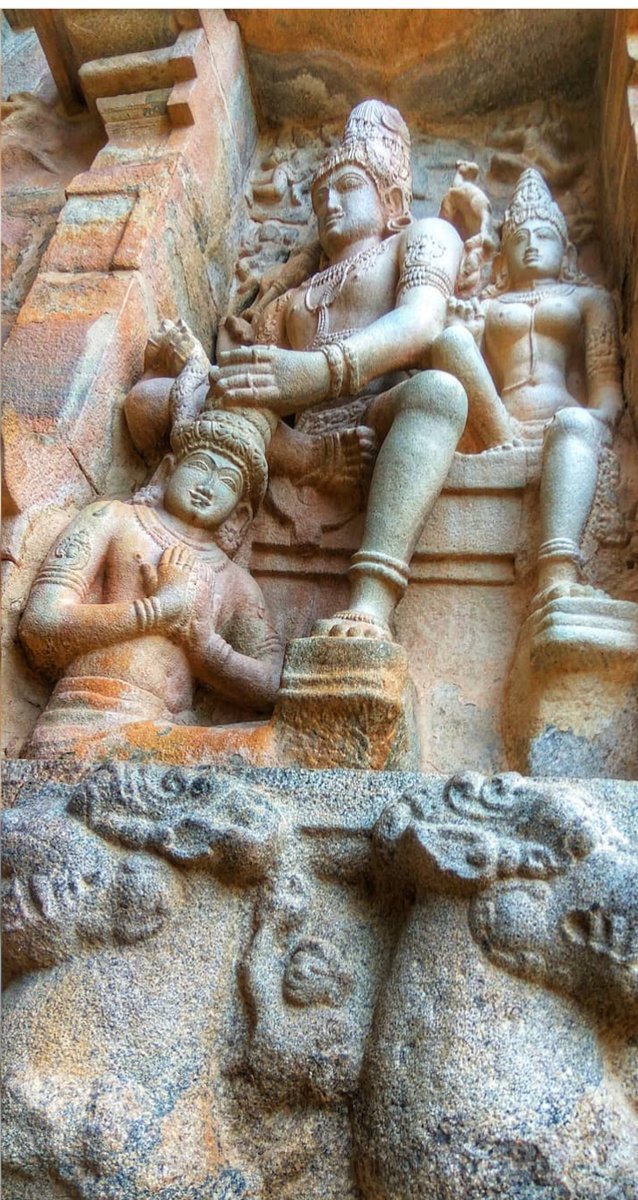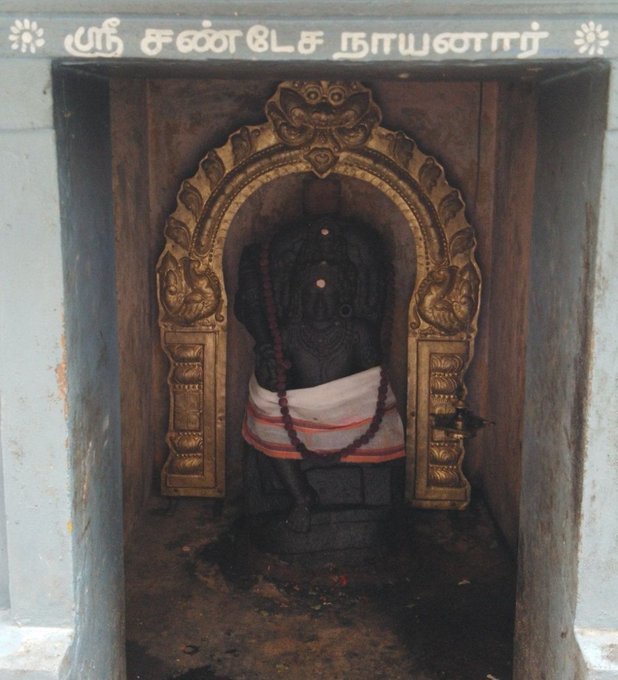Dallas Relief Effort Updates
Fill out this form: https://t.co/RtvForvv0t
- 5013c: https://t.co/yIsYWr6MVn
- Dallas (on the ground): Cashapp $joshthedavid
- Houston (on the ground): Cashapp $cowboy336
No Cashapp? Use this (fastest way to get funds out): https://t.co/yIsYWr6MVn
https://t.co/Ag8se7OuxP
Volunteer Updates
— Allergic to Hourly\u2122 | Business + Marketing Coach (@Allergic2Hourly) February 17, 2021
We have a bunch of food but nowhere to get organized
The guys are setting up food depots to make it easier for our drivers to make deliveries.
https://t.co/kuAGPr9GcF
— Allergic to Hourly\u2122 | Business + Marketing Coach (@Allergic2Hourly) February 17, 2021
FYI, we\u2019re not a government agency or a government funded organization so there are limitations on what we could do but we are doing are best. All the funds being used is coming from donors or our own pockets. Please respect that.
— Zigg \u267b\ufe0f (@XaviercMiller) February 18, 2021
- all emergency requests have been contacted and are being assigned a driver for supply dropoff or transportation (elderly, disabled, medical, kids)
- volunteers worked around the clock calling stores, families, hotels, organizing data for us
We begin again tomorrow. We really need help on the ground tomorrow for Dallas and Houston.
- grocery runs to buy supplies food, & water
- dropping off supplies to families
- transport to hotel or warming center
https://t.co/qD98lxK8os
You May Also Like
#sculpture #story -
Chandesha-Anugraha Murti - One of the Sculpture in Brihadeshwara Temple at Gangaikonda Cholapuram - built by Raja Rajendra Chola I
This Sculpture depicts Bhagwan Shiva along with Devi Paravathi blessing Chandeshwara - one of the 63 Nayanmars.
#Thread

Chandeshwara/Chandikeshwara is regarded as custodian of Shiva Temple's wealth&most of Shiva temples in South India has separate sannathi for him.
His bhakti for Bhagwan Shiva elevated him as one of foremost among Nayanmars.
He gave importance to Shiva Pooja&protection of cows.

There are series of paintings, illustrating the #story of Chandikeshwar in the premises of
Sri Sathiyagireeswarar #Temple at Seinganur,near Kumbakonam,TN
Chandikeshwara's birth name
is Vichara sarman.He was born in the village of Senganur on the banks of River Manni.

His Parent names were Yajnathatan and Pavithrai.
Vichara Sarman was a gifted child and he learnt Vedas and Agamas at a very young age.
He was very devout and would always think about Bhagwan Shiva.
One day he saw a cowherd man brutally assaulting a cow,Vichara Sarman could not tolerate this. He spoke to cowherd: ‘Do you not know that the cow is worshipful & divine? All gods & Devas reside in https://t.co/ElLcI5ppsK it is our duty to protect cows &we should not to harm them.

Chandesha-Anugraha Murti - One of the Sculpture in Brihadeshwara Temple at Gangaikonda Cholapuram - built by Raja Rajendra Chola I
This Sculpture depicts Bhagwan Shiva along with Devi Paravathi blessing Chandeshwara - one of the 63 Nayanmars.
#Thread

Chandeshwara/Chandikeshwara is regarded as custodian of Shiva Temple's wealth&most of Shiva temples in South India has separate sannathi for him.
His bhakti for Bhagwan Shiva elevated him as one of foremost among Nayanmars.
He gave importance to Shiva Pooja&protection of cows.

There are series of paintings, illustrating the #story of Chandikeshwar in the premises of
Sri Sathiyagireeswarar #Temple at Seinganur,near Kumbakonam,TN
Chandikeshwara's birth name
is Vichara sarman.He was born in the village of Senganur on the banks of River Manni.

His Parent names were Yajnathatan and Pavithrai.
Vichara Sarman was a gifted child and he learnt Vedas and Agamas at a very young age.
He was very devout and would always think about Bhagwan Shiva.
One day he saw a cowherd man brutally assaulting a cow,Vichara Sarman could not tolerate this. He spoke to cowherd: ‘Do you not know that the cow is worshipful & divine? All gods & Devas reside in https://t.co/ElLcI5ppsK it is our duty to protect cows &we should not to harm them.
















